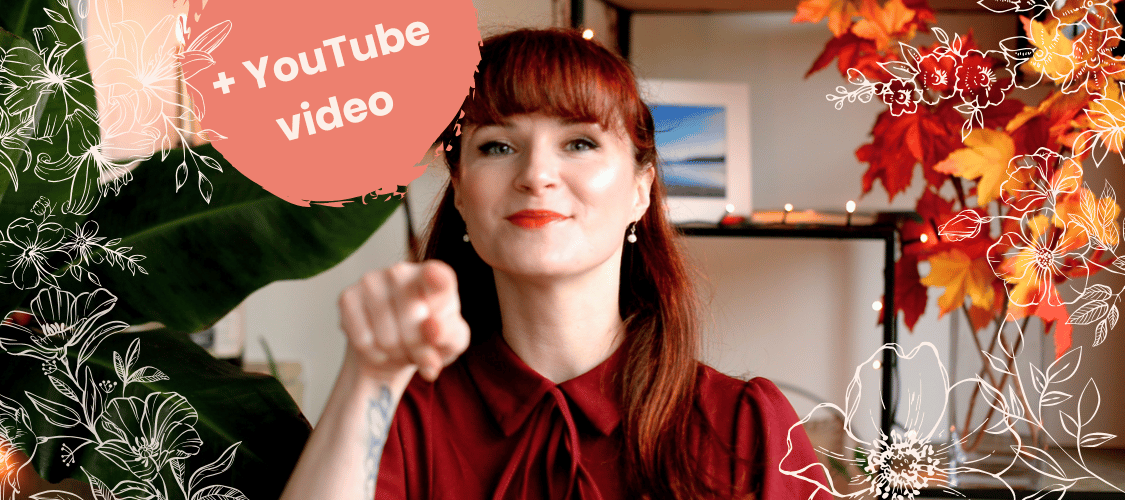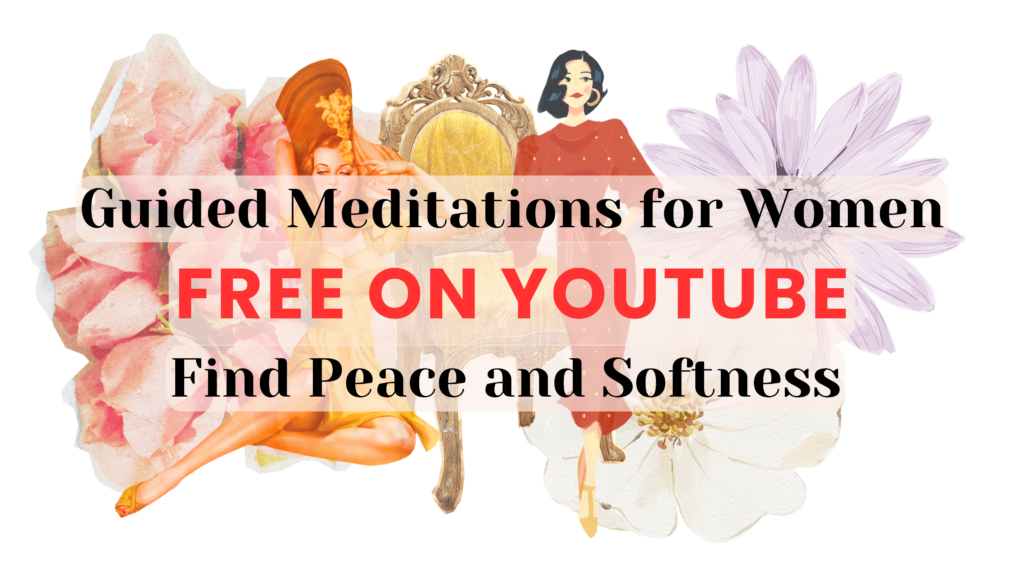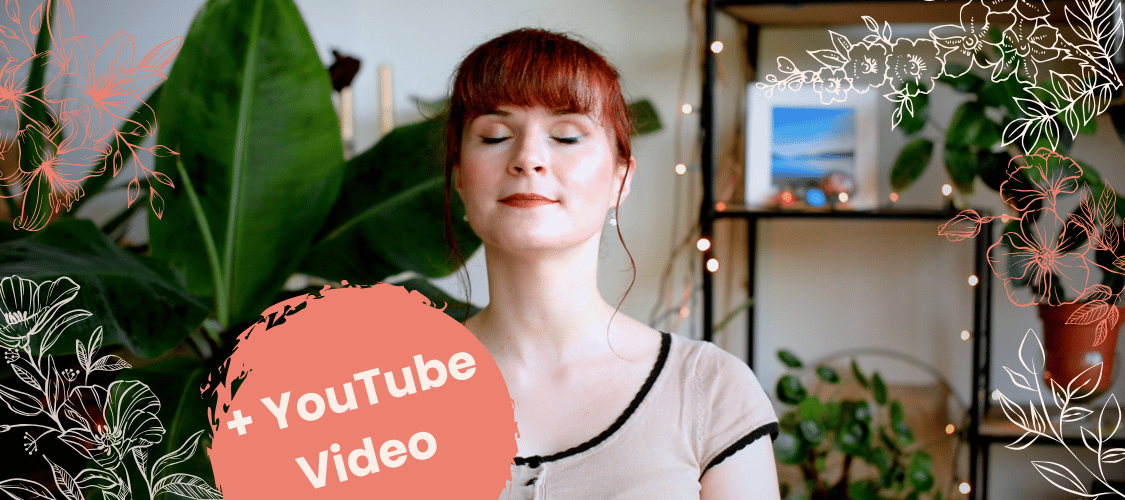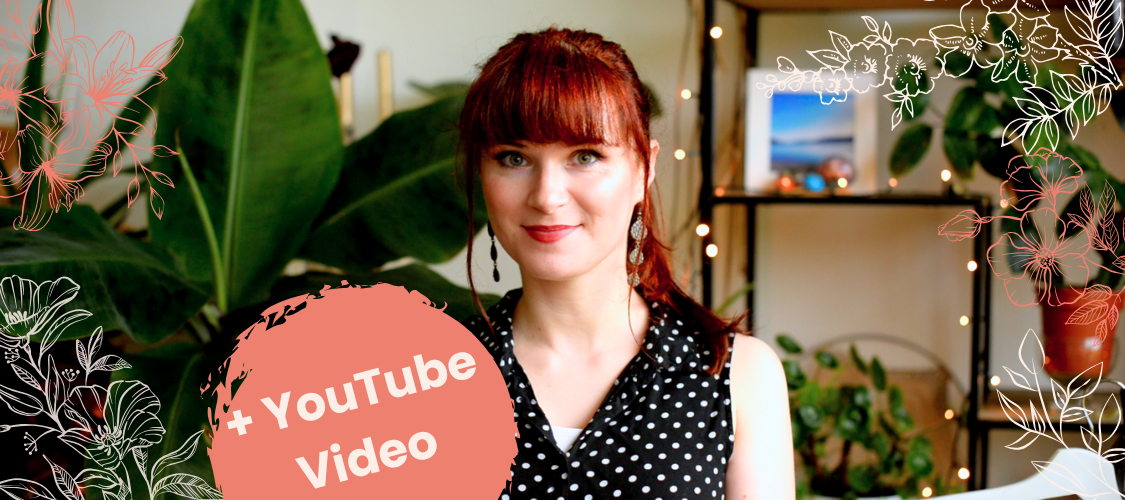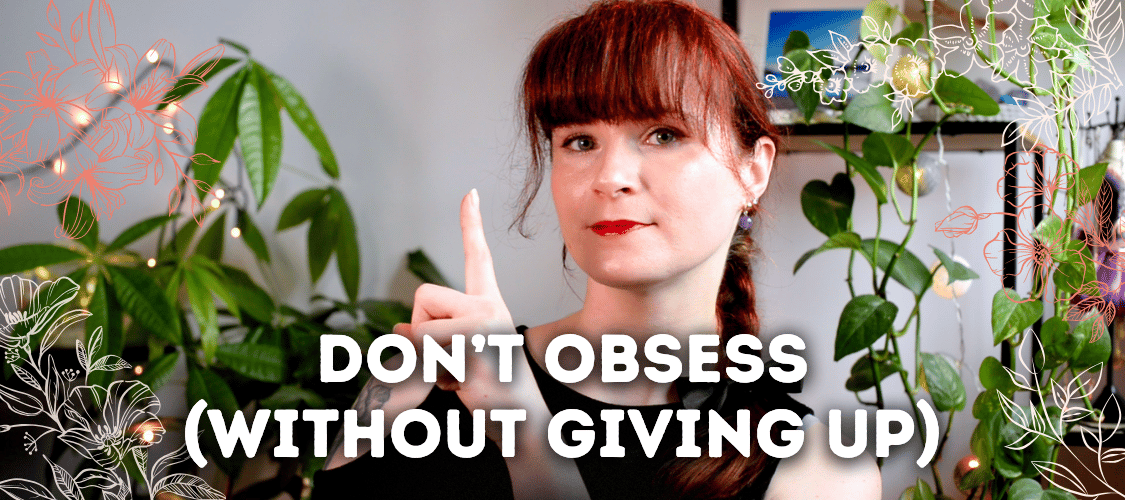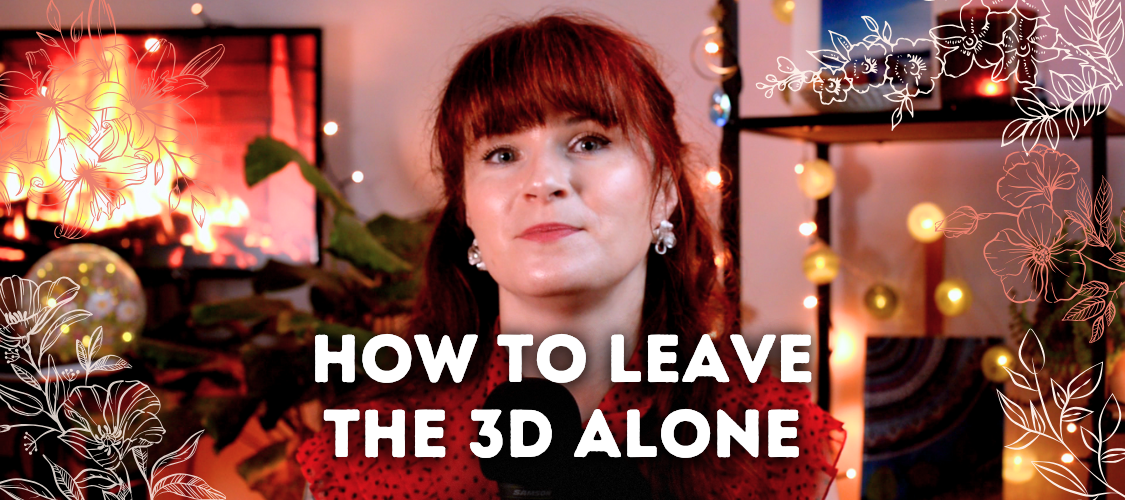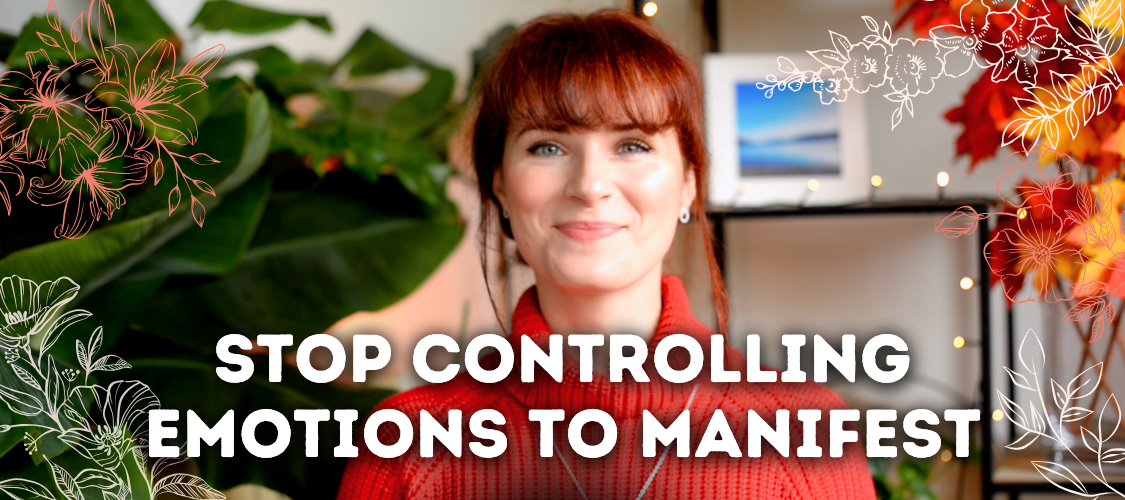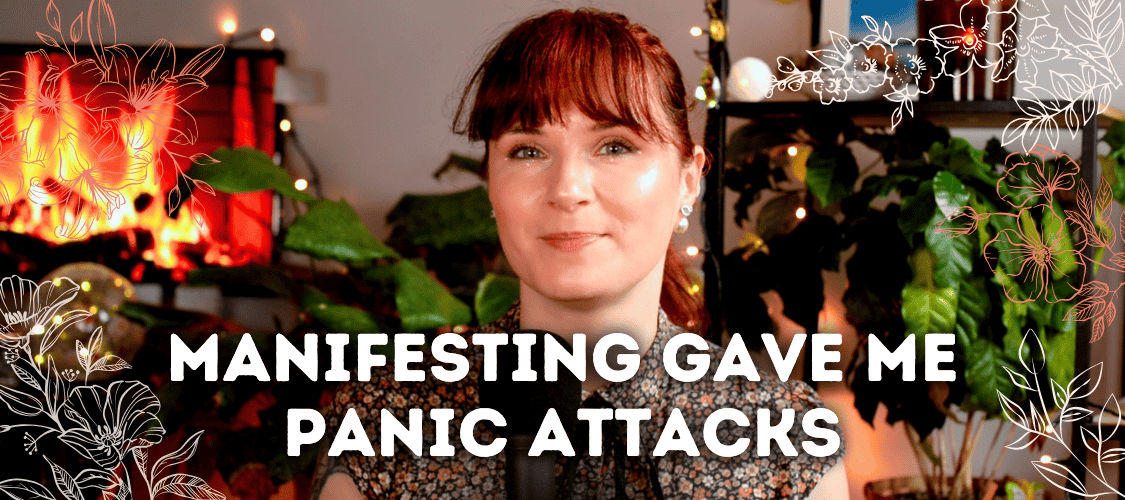Are you a chronic people-pleaser? Constantly putting others’ needs above your own can leave you drained, disconnected from yourself, and uncertain about your own desires. But here’s the good news: you can break free from this habit and reclaim your power. This guide synthesises the most actionable insights from Marta’s two-part video series, offering a road map to help you transform your people-pleasing tendencies into a life where you come first. Let’s stop it once and for all and learn how to stop being a people-pleaser.
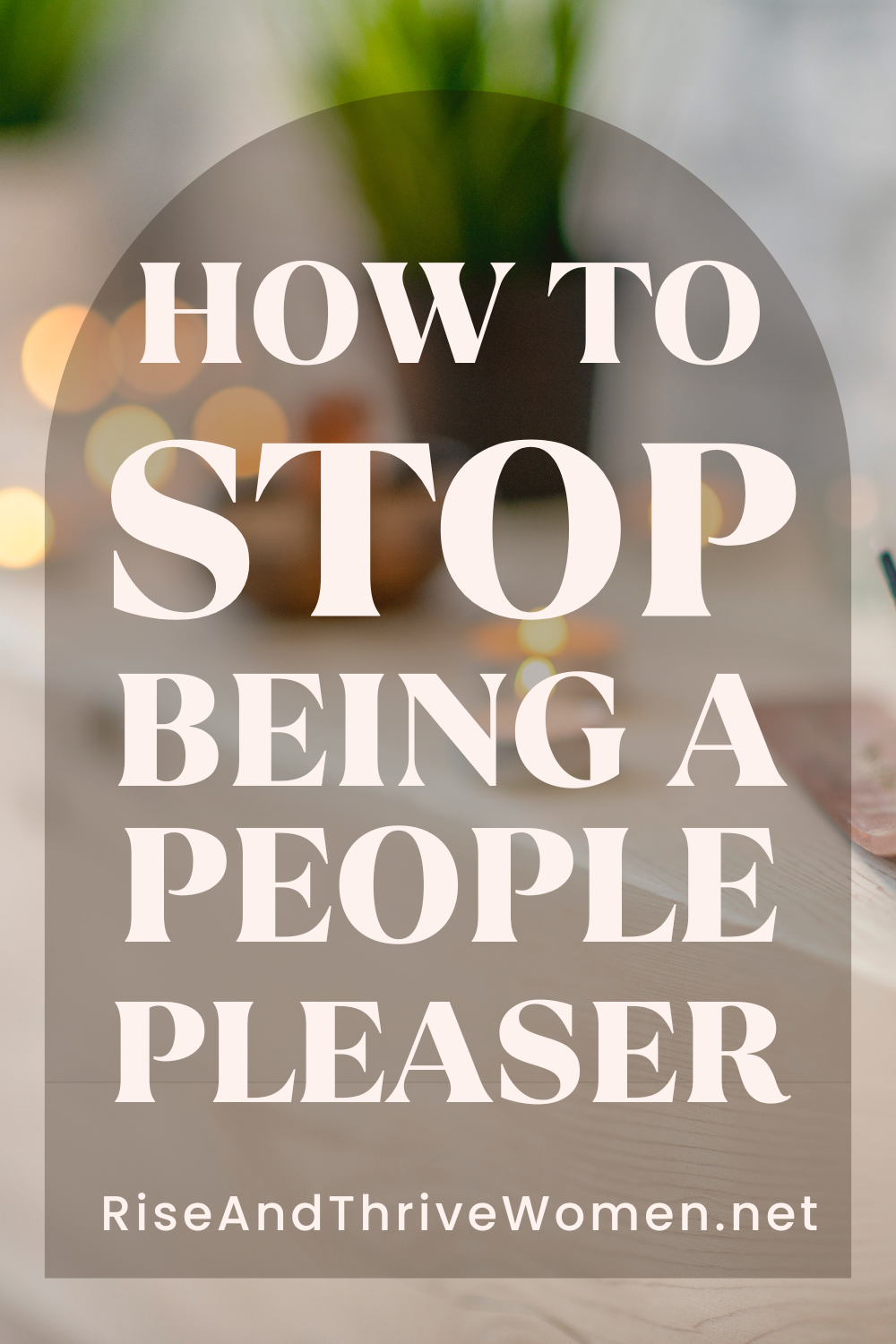
Watch the Featured Video – How to Stop Being a People-Pleaser
What Is People-Pleasing?
All the people-pleasers I know, myself included as a recovered one, are incredibly sweet, giving, and reliable individuals with huge hearts. Yet, they are often the most humble, self-restrained, dis-empowered, and often codependent, people. They tend to be taken advantage of, taken for granted, and not fully respected due to their own lack of self-respect and boundaries. We project our self-perceived value onto the world, teaching others how to treat us by the way we treat ourselves. People watch all the time and our energy towards them never lies.
The most important question a people-pleaser can ask themselves is this: why do I do this? Why do I sacrifice my time and energy for the sake of others while neglecting myself?
People-pleasing is more than just being kind—it’s a learned behaviour rooted in survival mechanisms, often developed in environments where love or safety felt conditional. It may stem from a fear of rejection, conflict, or abandonment, but it ultimately results in self-abandonment and diminished self-worth. Here’s what it is (and isn’t):
It IS:
- A Coping Mechanism: A way to manage anxiety and seek acceptance.
- Self-Sacrificing: Overextending yourself to make others happy at your own expense.
- Driven by Fear: Rooted in fear of disapproval or conflict.
It IS NOT:
- A Permanent Trait: It’s a behaviour that can change with awareness and effort.
- Genuine Kindness: True kindness doesn’t require self-neglect.
- Weakness: People-pleasing is a habit, not a character flaw.

My Personal Journey
In my case, the signs were a bit more subtle. I always felt quite empowered regarding my abilities, so as a young woman in my twenties, I primarily focused on myself, which was initially a form of self-protection as well. Those who appear the strongest are often the most vulnerable but may not allow themselves to see it, let alone admit it, it’s all pushed to the subconscious. So it may be obvious to others around us but we will keep it away from our own conscious mind. However, in romantic relationships, I struggled to fully receive without feeling like a burden. I believed I had to give more to keep a man around and hide my own needs for fear of being perceived as too needy, clingy, or high maintenance.
Thinking that a guy would not stay with me if there are so many lower maintenance women to choose from out there. In friendships, I would go the extra mile for friends who wouldn’t do the same for me. I often found myself being the more flexible one, travelling to see them while they wouldn’t reciprocate. This imbalance caused deep resentment in me due to the lack of reciprocation. Looking back at that version of myself makes me feel sad for her. She loved deeply but was afraid to express it, fearing rejection. She would reject her partner because she had so profoundly rejected herself, reflecting her inner fears of abandonment. But these chains can be broken.
It begins with self-observation and recognising that these are patterns we’ve developed, not core aspects of our identity. Remember, these behaviours are learned, just like any other conditioning, which means they can be changed. I broke free from this and you also can stop being a people-pleaser.
Journaling Prompts for Transformation
To help uncover the roots of your people-pleasing tendencies, consider these prompts. Write freely and without judgement. Be authentic with yourself, knowing, that if you keep concealing things from yourself as they really are, you’re just delaying your own progress. Don’t be afraid about what you’ll find because it’s all you. You will just find more of YOU.
I encourage you to take a few moments to journal with the prompts provided in the description of this video. Feel free to do this right now and do it if you need a little help with accountability—rather than postponing and possibly never coming back to it. Going within is the only way we can stop being a people-pleaser – it’s trough this self-observation and really understanding yourself. Take some time to do this. LOVE yourself enough to do this.
- What are three things you love about yourself?
- What are some examples of times you’ve compromised your needs for others?
- Where do you struggle most with setting boundaries?
- How do you feel when prioritising your own needs versus others’ needs?
- What fears arise when you consider saying “no” to someone?
I hope you completed the journaling and you found the answers from within very insightful. We will explore more about how to deal with pleasing people in the next video and your answers will come in handy for your own personal implementation of these changes.
How to Stop People-Pleasing
Breaking free from people-pleasing requires a shift in mindset, intentional self-care, and reclaiming your energy. Here’s a practical road map:
1. Use Your Strengths—Redirect, Don’t Reinvent
The energy you spend on others can be redirected to yourself. For instance, if you’re naturally empathetic and attentive to others’ needs, start asking, What can I do to make myself feel better today? Even small acts like taking a walk, enjoying a hobby, or scheduling “me-time” can help.
Remember, self-care isn’t selfish—it’s essential. To quote Katie Reed: “Self-care is giving the world the best of you, instead of what’s left of you.”
2. Recognise and Break Free from Conditioning
As Eckhart Tolle explains, people-pleasing often arises from societal conditioning that ties self-worth to external approval. To break this pattern:
- Observe your behaviours without judgement.
- Detach from the need for external validation.
- Show compassion toward yourself and others who are still caught in these cycles.
3. Validate Yourself
External validation only works because we give it power. Shift this dynamic:
- Compliment yourself daily.
- Acknowledge your worth independent of others’ opinions.
- Treat yourself as you would a dear friend.
By becoming your own source of validation, you’ll feel less dependent on external praise—and more grounded in your own worth.
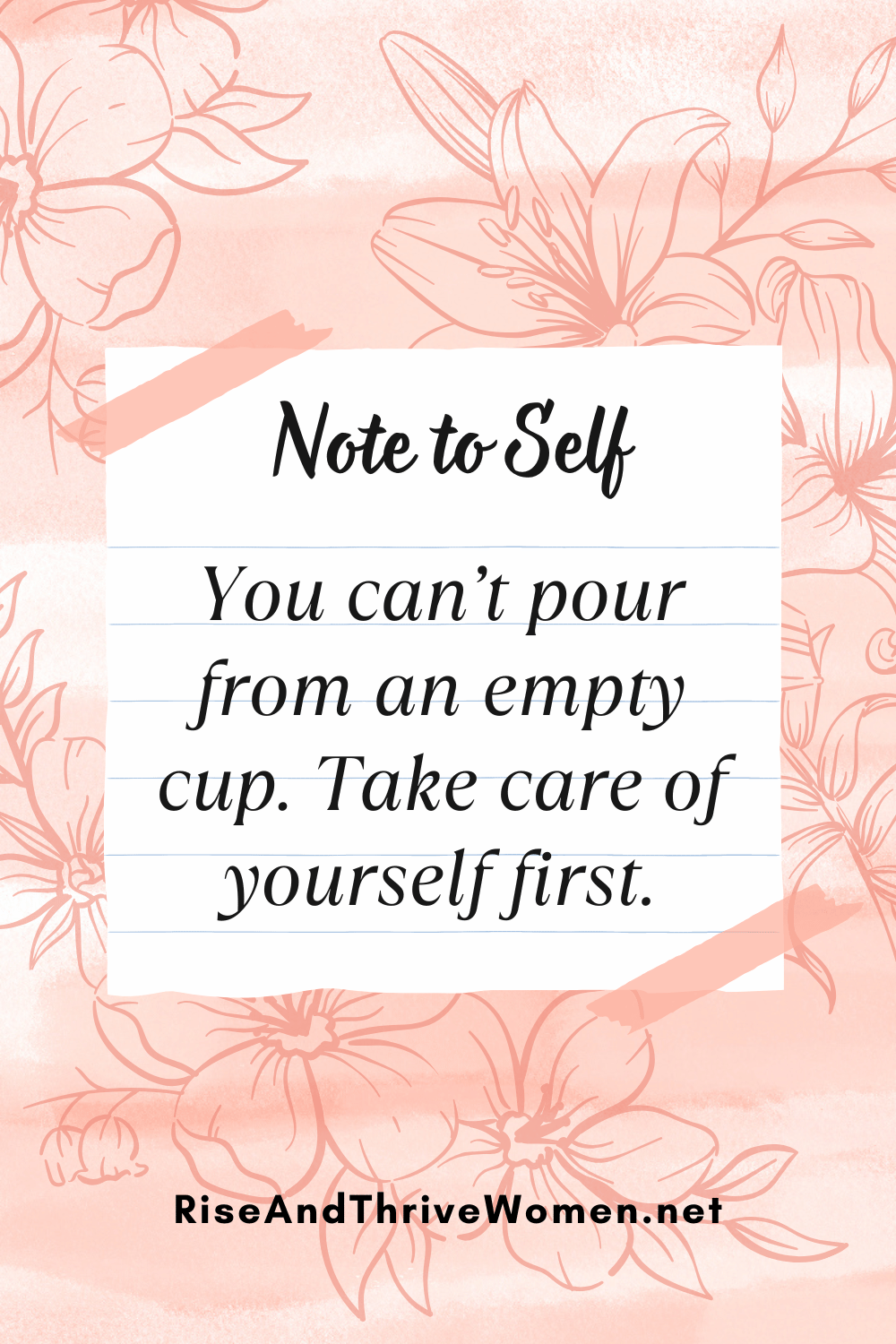
4. Reclaim Your Energy
Your attention is your most valuable resource. Are you constantly focused on others—what they think, feel, or might do? Bring that energy back to yourself:
- Practice meditation to centre your thoughts.
- Observe when your mind drifts to others, and gently redirect it.
- Engage in activities that nurture your inner life.
Read or watch more about the energy in this blog post How to Stop Giving Away Your Energy: Emotional Energy Management.
5. Regulate Your Emotions
Emotions are energy in motion. While it’s easy to cling to negative feelings, the key is to let them flow through you without fixating on their causes. When sadness or anger arises:
- Allow the emotions to pass, just as positive ones naturally do.
- Focus on how these emotions feel in your body rather than analysing them.
- Surrender to the experience without judgement.
6. Observe Yourself—Love vs. Fear
Ask yourself: Am I acting out of love or fear? Actions rooted in love foster openness and authenticity, while fear-based actions stem from insecurity. By shifting your decisions toward love and acceptance, you’ll align with your true self and shed limiting beliefs.
Read more about acting out of love vs acting out of fear.
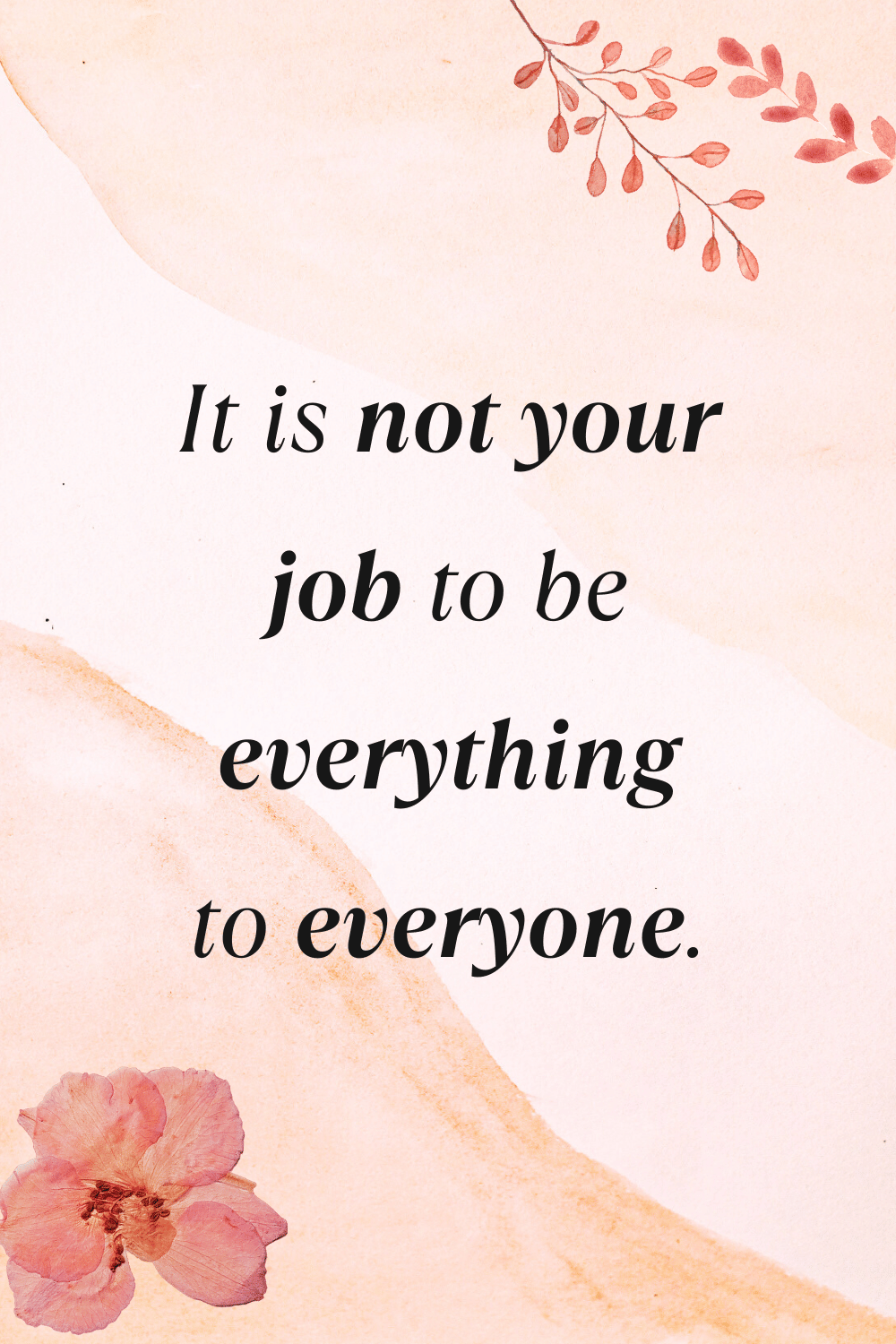
7. Identify and Challenge Limiting Beliefs
People-pleasing often stems from fears like “I’m not worthy” or “I must give to receive.” Challenge these beliefs through reflection:
- What beliefs hold you back from prioritising yourself?
- Do you feel you need to give endlessly to earn love or respect?
- Journal your thoughts to make these invisible barriers visible.
To figure out your limiting beliefs, love yourself enough to do this. Here is how -> How to Figure Out Beliefs About Yourself.
Conclusion
We explored the ways how to stop being a people-pleaser. Breaking free from people-pleasing isn’t about abandoning kindness—it’s about embracing authenticity and self-respect. By redirecting your energy, validating yourself, and addressing the fears and beliefs that fuel this habit, you’ll cultivate a life that honours your needs. Remember: your worth is intrinsic. You don’t need to earn it through others’ approval.
Start small. Choose one practice from this guide to implement today. Share your journey, and celebrate each step toward reclaiming your true self.
Recommended next post to read:
A 5-STEP GUIDE HOW TO MAKE THE MOST OF YOUR SINGLEHOOD
WHAT CAN JEALOUSY TEACH YOU ABOUT YOURSELF
HOW TO WORK ON YOUR SELF-CONCEPT FOR LOVE
